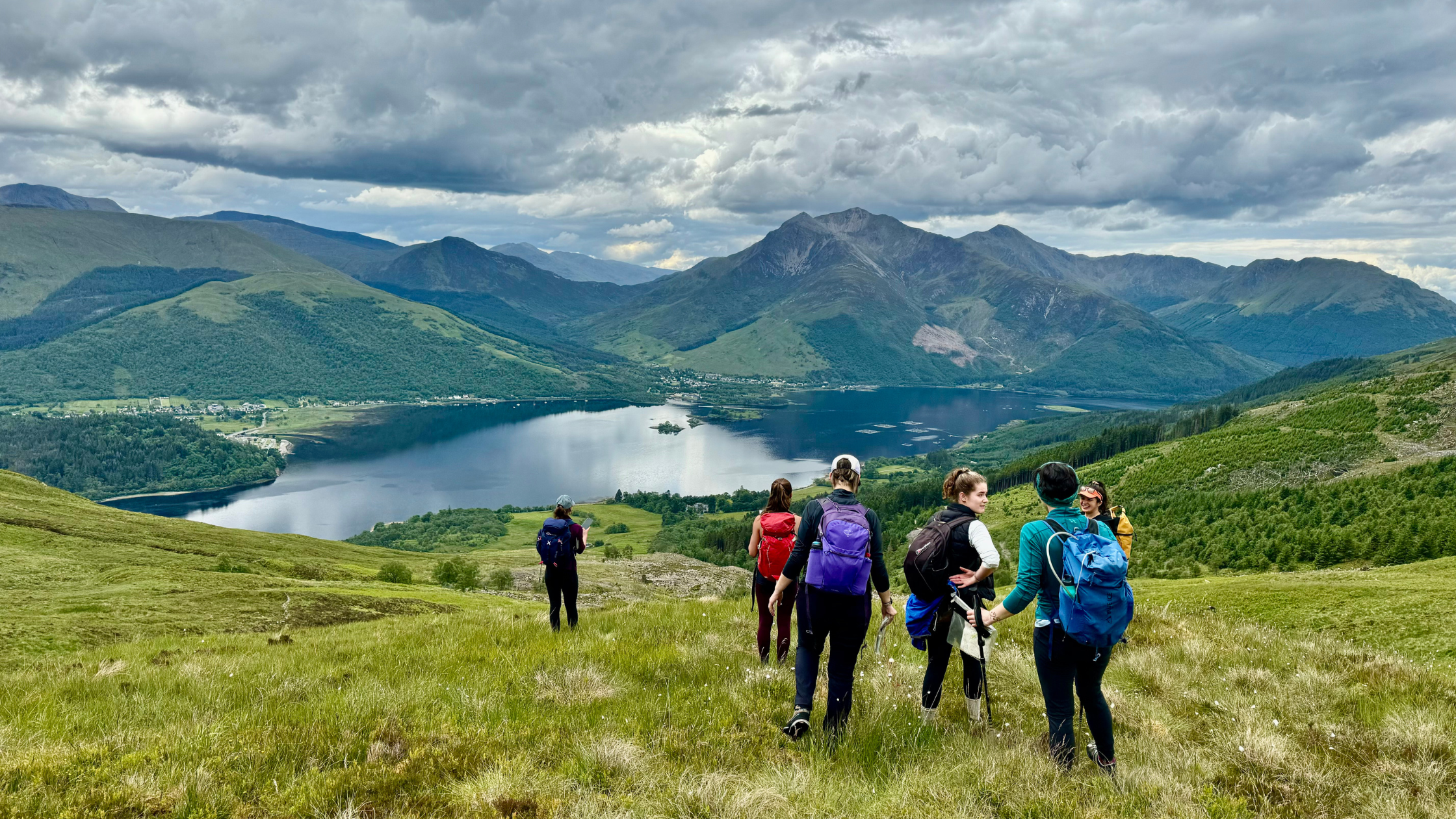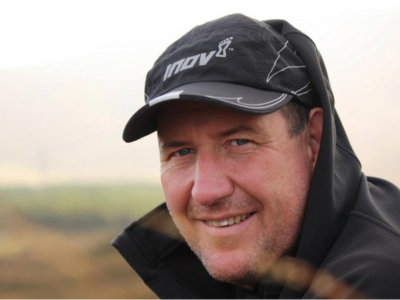Monday 12th May 2025, 9:00am
By Cory Jones, First Aid Training Co-operative
Recognising when someone is struggling with their mental health is an essential skill in the outdoors. While many of us turn to the mountains for stress relief, adventure, or personal challenge, it’s important to remember that mental distress can arise anywhere—even in the most breathtaking landscapes. Whether you’re leading a group or walking with friends, understanding the signs of mental health distress and knowing how to respond effectively can make a real difference.
In this blog, we explore how to identify distress in the mountains and practical steps you can take to support someone in need.
Mental health distress isn’t always obvious. Unlike a physical injury, it doesn’t always have clear, immediate symptoms. However, certain behaviours and changes in demeanour may indicate that someone is struggling. These include:
Being aware of these signs allows us to step in before the situation escalates into a crisis.

Once you’ve recognised that someone is struggling, the next step is to provide reassurance and practical support. The following approach can help:
1. Approach Them Calmly and Without Judgment
If you notice someone showing signs of distress, start a conversation in a calm, private moment. Instead of a closed question like “Are you okay?”, try:
This opens the door for them to talk rather than shutting down the conversation.
2. Listen More Than You Speak
Once they start talking, actively listen. Maintain open body language, nod occasionally, and avoid rushing to give advice. Sometimes, just being heard is enough to help someone feel better.
3. Offer Reassurance
Let them know it’s okay to struggle and that they’re not alone. Simple statements like “It’s normal to feel overwhelmed” or “You’re doing really well—let’s take it one step at a time” can make a big difference.
4. Adjust the Plan if Necessary
If their distress is affecting their ability to continue safely, consider adapting the route, taking a break, or offering an alternative plan. Let them be involved in decisions where possible to help them regain a sense of control.
5. Know When to Seek Further Support
If someone is experiencing severe distress, such as panic attacks or expressing suicidal thoughts, it’s important to take their concerns seriously. If you suspect someone is in crisis, ask them directly:
Asking about suicide does not put the idea in their head—instead, it provides an opportunity for them to talk openly. If they confirm they are at risk, it’s important to stay with them, ensure they are safe, and seek professional support.
Find more guidance on responding to mental health crises in the outdoors.
Mental health distress can arise in any outdoor setting, but by learning to recognise the signs, respond with empathy, and take practical steps to support others, we can make the mountains a safer and more inclusive space.
In the same way we look out for each other’s physical safety, we should also look out for mental well-being—ensuring that the outdoors remains a place of challenge, connection, and recovery for all.

Cory Jones is an International Mountain Leader with over 30 years of experience leading groups in the outdoors. As the founder of the First Aid Training Co-operative, he has dedicated his career to improving safety, first aid, and mental health awareness in outdoor settings. His organisation delivers specialist Mental Health First Aid courses tailored for outdoor professionals, equipping leaders with the skills to support participants in challenging environments.
Whatever you're going through, there are people you can talk to any time. You can:
These services are for anyone who's struggling. They won't judge you.
They're free, they're anonymous, and they're always open.